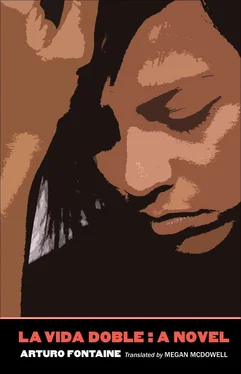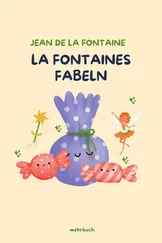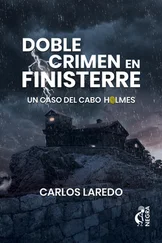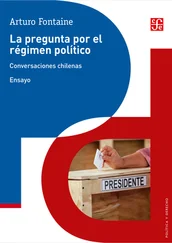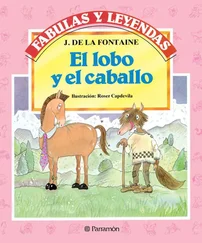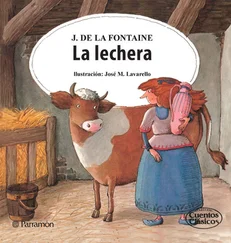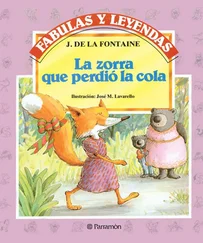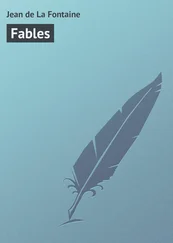The doctor doesn’t answer me. “You’re in good condition,” he says to me. “A piece of advice: if you don’t want them to damage you, give them everything straight away. Believe me, anything else is pointless, it’s self-destructive. It’s up to you whether you make it out of here or not.”
My spirits fall. He is, obviously, one of them.
Back in the cell, the same guard brings me a green plastic glass. The water fills it halfway. Tomasa advises me to only drink a sip so it will last. Some hours later the fat woman brings me a full glass. I sleep. I wake up. They bring us a tray with a watery, lukewarm chicken broth, the kind that comes in a Maggi bouillon cube. I didn’t know I was so hungry. The thirst hid my hunger. I fall asleep. I wake up and pace until I can’t pace anymore, and then I doze and I sleep, perhaps, and I pace. I’m thirsty. I’m hungry. I’m cold. Tomasa wraps me up, she tells me to try to walk. I look for the light of the barred window. When I hear the key, my heart jumps: now they’ll let me go. No. It’s only a glass of water. We’re hungry. Then, I sleep.
Until it happens. They blindfold my eyes, handcuff me, they take me along the hallway, they make me go down some stairs, and — godddamn it! — I’m in a room with a tiled floor that I recognize. They ask me the same things and I repeat the same answers. Pure fear. I don’t want them to punish me for having lied, for not having told them more before. A moment later I’m splayed out on top of the bed frame, tied up, moaning, with a rag in my mouth, subjected to the same technology of pain. At times I hear Ronco’s shout, but it’s a shout that seems far away from me, and then it gets closer and moves away again.
And Gato’s faked voice returns. No one will ever know what happened here, he tells me; none of it matters, he tells me. I let him talk. I hear him from so far away, from my crumbling self. He asks me what I think I will do. I tell him I am too exhausted to think.
C’est tout, that’s all. I’m telling you all of this because you’re going to write a novel, not an interview, right? How did you find out about me? Oh, you told me already, I remember now. Rumors, of course, those crumbs that feed the hunger of the curious. Why would a writer like you be interested in my wretched story? Anyway, you got lucky. If you had come to see me a while back I would have answered you the same way I did all the others: Not one word about that. End of story.
Call me Lorena. Not Irene. I want to be Lorena to you. You’ll never know my real name. I live here in Stockholm under an assumed name with false papers. I have cancer; I am, as they say, “at death’s door.”
To die is to be gradually overcome by minutiae, indignities, trifles. Death is not of God. My illness sped up my aging. Now the filth is out in the open, the physical fatigue, my obscenely organic nature, and the fragilities of my infancy are sprouting up again. It’s the second childhood, pure oblivion. Sans teeth, sans eyes, sans taste, sans everything. I can’t dress myself: I need someone to help me put on my bra, to help me put on my stockings. It takes time; you have no idea how much. I can’t go to the bathroom by myself, I can’t walk by myself. This, and nothing else, is what it means to die. It hurts here, on my back; my skin is peeling off after so much time in bed. From the position I’m in. They put lotion on me. New pains crop up — stupid, unexpected pains. Sometimes I spend hours with this tube in a vein in my wrist so they can infuse me with chemotherapy or whatever else they feel like. I live vulnerable and propped up by those inoculations. The oxygen dries my throat. The cylinder is always next to my bed, and there are days when my lungs depend on it the same way I do the wheelchair or the nurse’s arm when she helps me to the bathroom. Modesty dies along with a person. The dead are shameless. Sometimes the nurse punishes me with a twisted hatred. I ring the bell and she doesn’t come, or she leaves the wheelchair out of reach. I call her too often, she says. It’s possible. It’s very pedestrian, this business of dying. And it is slow, it takes an eternity. She pressures me, negotiates her moments of independence. It’s a dull, cruel fight, this final battle. If my friend Agda were alive, she would come and see me, she would take care of me. That thought comforts me.
As my illness progresses, the nurse both serves me more and enslaves me more. I am gradually immobilized. If you only knew how long it takes me to put on my shoes, even with my keeper’s help. But she doesn’t bend down, she doesn’t put them on with her hands. She pushes the shoes to me with her feet, she kicks them, and if they make it on, fine; if not, another shot. She hates trimming my stubborn toenails that now grow curved and yellow. My keeper puts that job off longer and longer. When she finally does it, she’s careless, and it’s not unusual for her to accidentally catch my skin in the clippers.
And I dribble. I’m always dribbling when I eat. I move the spoon and fork awkwardly. I hate that. My shaking betrays me. Or if I manage not to spill, I choke. Even drinking water, I choke. I’m not having a metaphysical experience here, as you can see. When I saw myself in the mirror for the first time after chemotherapy, without hair, I thought I was looking at my skull. A cliché. Death is the greatest of all clichés. I live in wait for rigor mortis. But I won’t be watching when it comes. One doesn’t live through one’s own death. That of others, yes, from the other side of the threshold, of course. The dead do not live. What I’m living now is the gradual loss of the capacity for being alive. Dying. For me, that’s what life consists of now. And when the time comes they’ll throw me out, they’ll send me to that trash pile they call by another name, before my stench starts to horrify them and my face and hands — too white, and soon stained with violet — begin to disgust them. Above all, before that stench comes that the bouquets of flowers can’t mask. That’s what it’s about, then, to die: to be left shamelessly exposed, meat no one bought from the butcher’s and that eventually rotted. Then they dress you up in wood and cover you up with earth so they never have to see you again; you disgust them, and they weep, those people you disgust, poor things.
No one will go with you, of course. Nothing you’ve done before will be worth anything to you. And from now on there’s no purpose, no task, not even the smallest one stays with you. For this voyage you won’t bring a suitcase. I can feel my fear. To see death a step away, waiting for you like an abyss just a yard and a half away, and to be the one who’s going to fall — it’s atrocious, I tell you, just horrifying. I didn’t want to die when Canelo fell in combat. Now either, you know; I don’t want to die now, either. Even though when I was healthy, I did. And they’re taking my life from me one bite at a time.
Do not go gentle into that good night. / Old age should burn and rave at close of day; / rage, rage against the dying of the light . Dylan Thomas. What do you know, I still have some memory left.
That’s why you’ve come all the way to Ersta, Stockholm, to listen to me. I’m not kidding myself. You’ve come before it’s too late. . You’re a crow with an ear for a beak. No one can understand this story. And no one would want to. It’s useless. Only the edifying fable with its moral will remain, only the husk of the facts, the pornography of horror. We know that. But what gave it meaning, what made it human — that dies with us. I don’t know how you’ll use what I tell you, though I’m curious. I don’t know if it will help you at all. I don’t think a novel should repeat reality. Perhaps you should just imagine me on your own. You want me to talk to you about fingerprints, lock picks, chases, car bombs, manhunts, shootouts, and torture. But in the end what you’re looking for is a moral adventure tale. That’s what will get you a publisher. People love a story that confirms their prejudices. To recognize what they’ve already seen on TV: that’s what they like. The truth is too disturbing, thorny, too contradictory and horrible. Truth is immoral. It shouldn’t be printed. You won’t write what I tell you. You’re not going to like what you hear at all. I can read it in your eyes. Hypocrite lecteur, mon semblable, mon frère: Hypocritical reader, my double, my brother!
Читать дальше
